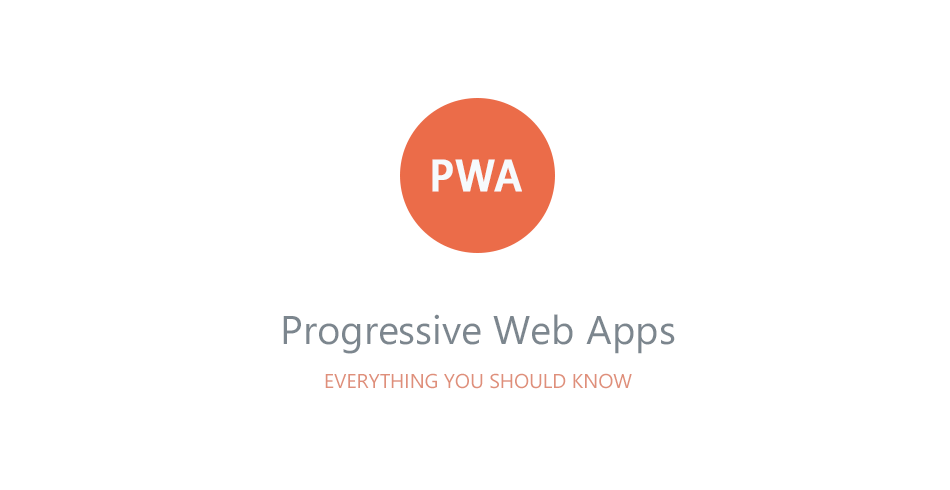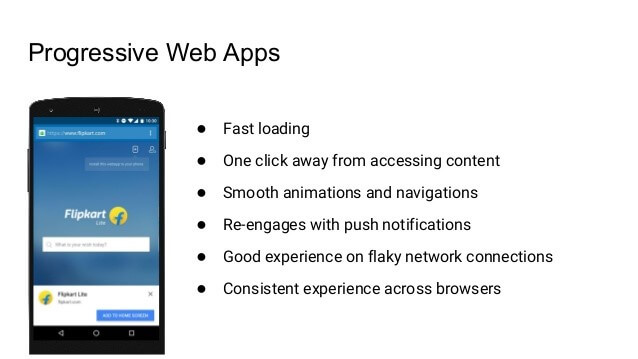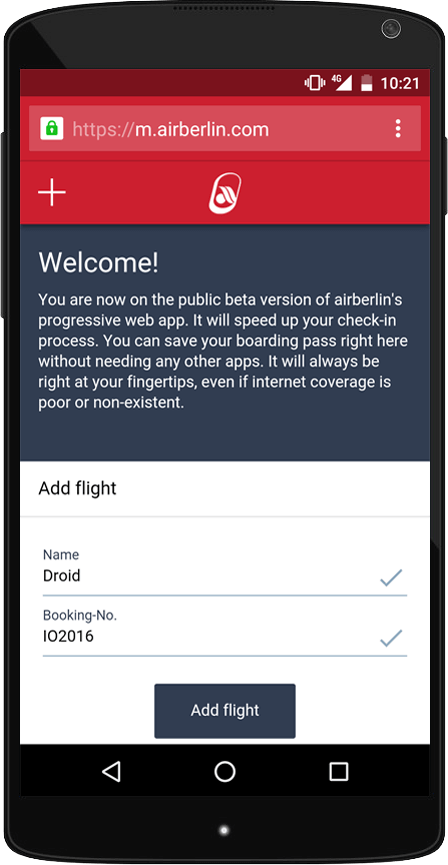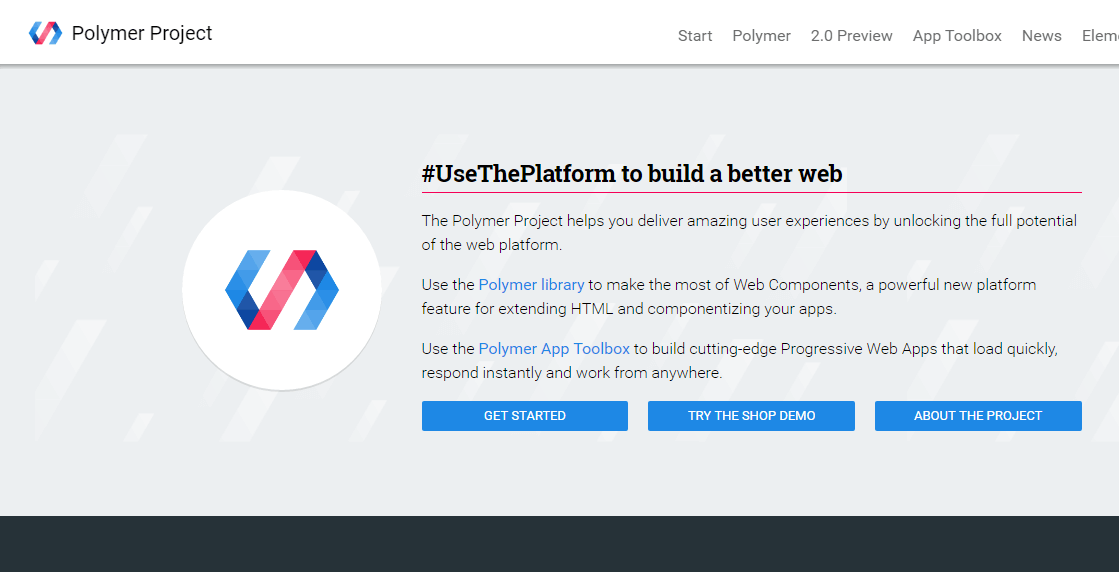Understanding Progressive Web Applications (PWA)
A Progressive web App can be defined as a web application which takes advantage of the features of modern web browser and can be easily added to your home screen, behaving just like a native app does. You should note that PWAs are not available in the Google playstore or iTunes App store. To download them you need to visit its website and then store them as a shortcut to your home screen. So basically, developing separate iOS and Android versions is not an issue, but browser support needs to be taken into consideration while building up a PWA.
PWA was first proposed by Google in 2015 and since then they have attracted a lot of attention because they are very easy to develop and provide a great user experience. Apart from this, PWAs are also gaining wide popularity because they combine the best of web and mobile Apps. For example – It is actually a website that is built using web technologies but it looks and feels like an App. Further, the recent advancements in browser capabilities have enabled web developers to allow the users to install the Apps on their home screens. The users are also able to receive push notifications and they can even work on the App in offline mode.
PWAs take the advantage of the much larger web ecosystem, plugins and the ease of developing and maintaining a website. This makes them stand out in functions as compared to a native App present in the respective App stores.
Why Progressive Web Apps?
For a native app the user has to go to the respective store, download and install the App but when it comes to PWA – the user is able to start using the App immediately. This eliminates the downloading and the installing stage. After using the App once, the user shall be prompted to install the App and upgrade to a full-screen experience. Further, a progressive mobile app also takes advantage of the features of a native mobile app. This results in improved user experience and performance without the complications involved in maintaining a mobile App.
When should you build up a Progressive Web Application?
Progressive web app should be built for applications that you expect the user to return to quite frequently. Flipkart uses a PWA for its ecommerce platform with the name of Flipkart Lite. Similarly, Air Berlin uses a PWA for its online check-in process. This allows the passengers to access their tickets without any internet connection. So before deciding if your next App must be progressive, you should take into account the important user actions. Further, you will have to decide what functionality you need to support offline. Please note that if your website already has an application like interface then you must go with a progressive mobile app. However, if certain features are required for critical user action but are not yet available due to lack of cross browser support, then a native mobile application is a better option.
Polymer Toolbox
Earlier this year Google offered Polymer App Toolbox for building up Progressive Web Applications. In this toolbox the developers get a set of loosely coupled components and tools to build a PWA using the modern platform. The toolbox gives you components based around web platform that make it easy to build PWAs. It has components for layout, routing, localization, storage, as well as a command-line tool to tie everything together. All these features have enabled building up Apps by using whatever there already is in the web browser.
Features of Progressive Web Applications
Safe: PWAs work with native APIs and service workers and these are technologies that deal with sensitive data. That’s why every PWA is served through a HTTPs connection. This feature makes the Apps quite safe.
Progressive: They work on any device and enhance progressively, taking advantage of any features available on the user’s device and browser.
Discoverable: Since a progressive app is a website hence it is easy to discover in search engines. This is a major advantage over native Apps that still lag behind websites in search ability.
Linkable: This is another feature inherited from websites. A well designed website uses the URI to indicate the current state of application. This enables the web app to reload its state whenever a user bookmarks it or shares the App’s URL.
Responsive: You can access a PWA across a wide range of devices, whether it is a desktop, mobile or a tablet.
Connectivity independent: PWAs are enhanced with service workers to work in the offline mode or on low quality networks.
App like experience: They provide an App like experience to the users with app style interactions and navigations as they are built on the app shell model.
Fresh: Whenever new content is published and the user is connected to the Internet that content is made available in the App.
Installable: A PWA can be installed on the device’s home screen making it readily available.
Re-engageable: Through features such as push notification they make re-engagement possible.
Do you want to build a Progressive App for your business? If yes, then contact Queppelin today and let us know about your requirements.









